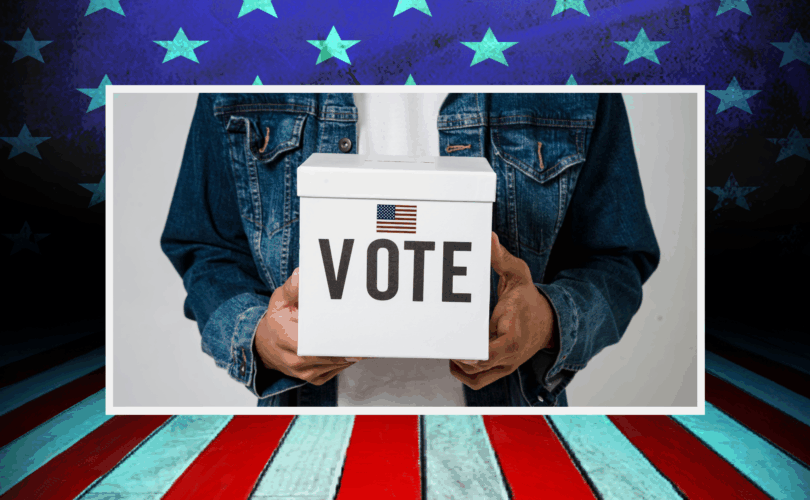Why Taking the Pledge to VOTE Matters Now More Than Ever
You cannot watch from your couch, wait for the finale, and hope someone else saves the day. Democracy demands action. Yours.
The Pledge to Vote: A Promise Worth Keeping
Taking a pledge to vote means committing to yourself first. Your community second. The future you want to see third.
Simple: I will vote. I will help others vote. I will defend democracy.
Here is what makes this moment critical. Billionaires wield outrageous influence over government policy. A 2014 Princeton study analyzing 1,779 policy outcomes found that economic elites and organized groups representing business interests shape U.S. government policy substantially, while average citizens have near-zero independent influence (Gilens & Page, 2014). Authoritarianism chips away at founding principles daily. Voting transforms from right to resistance.
No kings. No crowns. No thrones.
Your Vote Carries Real Weight
Think one vote changes nothing? Check the receipts.
The 2000 presidential election came down to 537 votes in Florida. One state. 537 people. The 2008 Minnesota Senate race was decided by 312 votes after eight months of recounts. In 2017, a Virginia House of Delegates race ended in an actual tie. They drew a name from a bowl. That single seat flipped control of the entire chamber.
The 50501 Movement started with one Reddit post. Now it mobilizes millions across all 50 states. Urban centers to rural counties. When regular people decide to act together, change stops being hypothetical.
Your vote is your voice in that chorus.
Democracy Needs Everyone
The founders risked execution to establish a government without monarchs. They built a system where power flows from the people upward, not from royalty downward.
That system functions only when we participate.
Voting anchors everything else. It holds leaders accountable. Protects vulnerable communities. Builds the future our children deserve. Taking the pledge affirms ownership. This country belongs to us. Not the wealthy few hoarding power.
Making Your Pledge Real
Taking the pledge means taking action:
Register. Get registered if you have not already. Check your registration status. The U.S. Election Assistance Commission reports that nearly 21% of voter registration records contained significant inaccuracies in 2012 (USEAC, 2012). Verify yours.
Plan. Decide how and when you will vote in every election. Presidential years matter. So do midterms. Primaries. Local races. School board elections. All of it.
Help. Offer rides. Share registration deadlines. Talk with friends and family about why their vote matters. Make it easier for others to participate.
Learn. Stay informed about candidates and ballot measures. Read past headlines. Dig deeper.
Invite. Bring others into the pledge with you.
Anyone can take this pledge. Anywhere. Anytime. Zero permission required. Zero waiting for someone to give you the green light. As organizers say: “If you wait for permission, you already lost.”
From Pledge to Action
Your pledge extends beyond the ballot box.
The same commitment that brings you to vote can fuel other civic engagement. Town halls. Contacting representatives. Peaceful protests. Mutual aid in your community. Conversations with neighbors about issues that actually matter.
Democracy builds at the grassroots. It strengthens when we connect with people in our real communities, not just our social media feeds. Taking the pledge joins you with millions who believe democracy deserves defending.
The Moment Is Now
We live in a time historians will write about for decades. The direction of our democracy hangs in the balance.
Will we allow authoritarianism to take root? Will we accept billionaire-first politics as inevitable? Or will we stand up and declare: Not on our watch.
Take the pledge. Share it. Make your plan. Show up.
Democracy requires participation, not observation. And across this nation, the message rings clear: No Kings.
Your vote is your voice.
Use it.
Sources:
- Gilens, M., & Page, B. I. (2014). Testing Theories of American Politics: Elites, Interest Groups, and Average Citizens. Perspectives on Politics, 12(3), 564-581.
- U.S. Election Assistance Commission. (2012). The Impact of the National Voter Registration Act of 1993 on the Administration of Elections for Federal Office 2011-2012.



